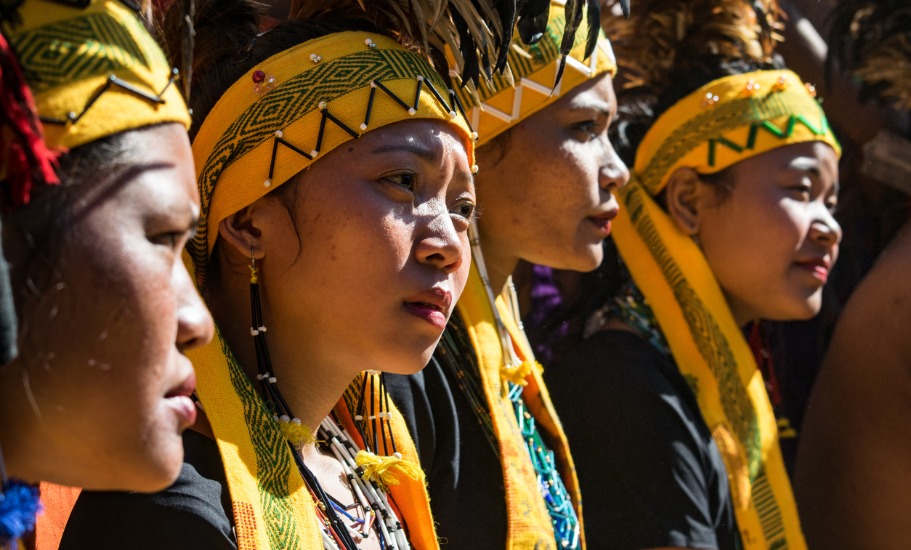
Nagaland: Peace talks, statehood demand dominate electoral narrative
The demand for a new state, Frontier Nagaland, has again started echoing before the elections and it is being spearheaded by the influential Eastern Nagaland People’s Organisation

With Nagaland all set to go for assembly elections on February 27, Naga peace talks, demand for a separate state and lack of development are some of the key issues that are dominating the electoral narrative in the state.
Naga peace talks
Naga peace talks is one of the prominent issues hogging the limelight in the state. Interestingly, the NDPP and the BJP, which formed the ruling United Democratic Alliance (UDA), campaigned in 2018 with the slogan “election for solution”. However, there is hardly any possibility of a breakthrough in the decades-old Naga peace talks before the electoral battle next month.
After renewed negotiations between the Union government and the NSCN (IM), the state’s largest rebel group, Naga National Political Groups (NNPGs), a joint banner of seven armed Naga outfits, joined the peace talks in 2015.
Though formal talks concluded in October 2019, the two sides are yet to reach a final agreement. Dominant Naga group NSCN-IM has remained firm that the vexed issue would not be resolved without the government accepting the demand for a separate Naga flag and constitution, which has led to a stalemate.
Separate statehood
The demand for carving out a new state, Frontier Nagaland, has again started echoing in the mountainous state. The movement for separate statehood is being spearheaded by the influential Eastern Nagaland People’s Organisation (ENPO) which passed a resolution in August 2022 to abstain from participating in the 2023 Assembly polls unless the demand for the formation of a separate state is met.
The proposed ‘Frontier Nagaland’ comprises six eastern districts of Kiphire, Longleng, Mon, Noklak, Shamator and Tuensang, which account for 20 of the 60 seats in the assembly. They are inhabited by members of seven tribes: Konyak, Khiamniungan, Chang, Sangtam, Tikhir, Phom and Yimkhiung.
The demand for a separate state is long-pending and started gaining ground over a decade back when the ENPO approached the PMO in 2010, seeking a separate state with special status and provisions.
Also read: NDPP, BJP seal seat-sharing pact in Nagaland
Development deficit
The ENPO attributed its demand to a “development deficit” in the state’s eastern region. The ENPO contended that “there is considerable intra-state disparity in the spread of the benefits of development” while quoting facts on three Human Development Indices — income and livelihood, gender issues and poverty alleviation.
The outfit drew a parallel between the eastern districts and those centre around Kohima and Dimapur. It claimed that Tuensang (from which the new district of Kiphire and Longleng were carved out in 2008) and Mon remain at the bottom in terms of all three indices. It further claimed that the scenario has only changed for worse since 2004 and the divide between the two regions in terms of development has only widened.
Though the ENPO has not formally commented since the announcement of elections, one of its members said though the elections may take place, they don’t intend to participate in it till their demands are met. He lamented that they have been neglected for decades, both politically and administratively.
Infrastructure woes
Apart from these two key issues, infrastructural woes as quality of roads, education and public healthcare are among issues that are likely to play a key role in the upcoming elections.
In the last elections, the NDPP had won 18 seats, while the BJP had bagged 12 seats. There was hardly any opposition in Nagaland over the last five years, as 21 out of the 26 Naga People’s Front (NPF) had joined the UDA. Among the small players were the NPP with 2 seats and the JD(U) with 1 seat.

